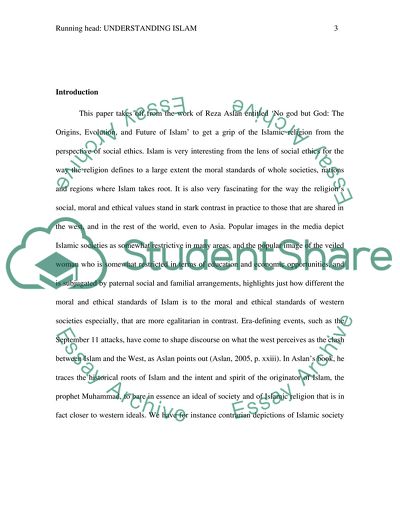Cite this document
(“Understanding Islam- social ethics context Essay”, n.d.)
Understanding Islam- social ethics context Essay. Retrieved from https://studentshare.org/religion-and-theology/1665829-understanding-islam-social-ethics-context
Understanding Islam- social ethics context Essay. Retrieved from https://studentshare.org/religion-and-theology/1665829-understanding-islam-social-ethics-context
(Understanding Islam- Social Ethics Context Essay)
Understanding Islam- Social Ethics Context Essay. https://studentshare.org/religion-and-theology/1665829-understanding-islam-social-ethics-context.
Understanding Islam- Social Ethics Context Essay. https://studentshare.org/religion-and-theology/1665829-understanding-islam-social-ethics-context.
“Understanding Islam- Social Ethics Context Essay”, n.d. https://studentshare.org/religion-and-theology/1665829-understanding-islam-social-ethics-context.


